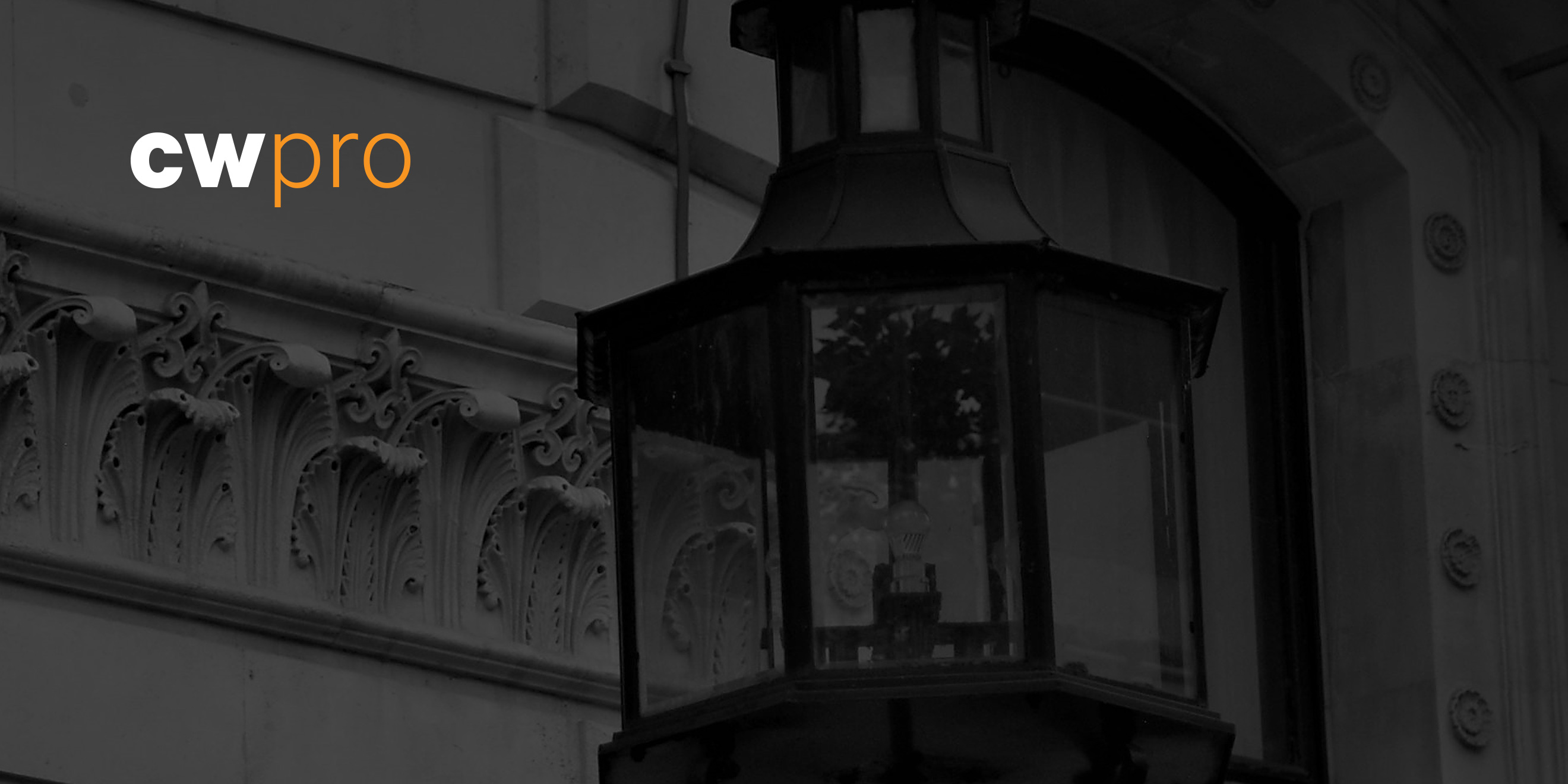At a glance.
- CISA, NSA, detail aspects of their cooperation.
- US Cyber Command sees publication of hostile state activity as a way of disrupting the opposition.
- US continues to argue that Huawei represents an unacceptable risk, and believes NATO is beginning to agree.
- NSA phone log monitoring may not be worth it.
- Internet restriction as a means of popular control.
Cooperation on cyber defense between NSA and CISA.
An RSAC panel hosted by CyberScoop featured the directors of two major US agencies, NSA's Cybersecurity Directorate (led by Anne Neuberger) and the Department of Homeland Security's Cybersecurity and Infrastructure Security Agency (CISA, led by Christopher Krebs). The organizations see their roles and missions as complementary, and as offering a good scope for collaboration. Work against the Russian influence operations and other information operations that targeted the 2016 elections and that have since continued spurred more effective information sharing, and this, it is hoped, will serve to better secure the 2020 US elections.
Microsoft's January patches provided another important opportunity for the two agencies to reach out to the public on an urgent matter of online security, Fifth Domain reports. NSA had discovered CVE-2020-0601, a cryptographic vulnerability in PKI certificate validation, and disclosed it to Microsoft. The Agency's Cybersecurity Directorate tipped off CISA in advance of Microsoft's release of a patch so that the Homeland Security agency might share the information with those whom it's responsible for protecting.
Disruption by publication.
Retaliation for state-sponsored hacking is often thought of in terms of returning a cyberattack in tit-for-tat fashion. But documents obtained from US Cyber Command by Motherboard suggest that Fort Meade sees publication of hostile activity as itself making a contribution to disrupting the adversaries' efforts. Publication of attack code to Virus Total, as the Command recently did with some North Korean tools, raises awareness and contributes to quicker development of countermeasures.
The risk of using Huawei equipment.
US security concerns about Huawei show no signs of abating. A senior US official, speaking to CNBC on condition of anonymity, compared the Chinese vendor to the Mafia, saying that Shenzhen was intent on wiping out competition through what CNBC characterized as "dumping, theft, and racketeering." US Air Force General Tod Wolters told Congress yesterday that he saw signs that US warnings were gaining some traction among NATO allies, Defense One reports. CNET has a useful timeline of how the Huawei controversy has unfolded.
NSA phone monitoring may not be worth it.
The cost is high and the value negligible, a declassified study published by the New York Times suggests. The controversial program seems to have cost a cool $100 million and produced just two useful leads in only one investigation.
Shutting off the Internet grows more common as a means of public control during crises.
And at other times, too. The Wall Street Journal finds that restricting Internet access has become a common measure governments of various stripes (democratic, theocratic, oligarchic, etc.) adopt when they need or wish to control popular opinion or limit the ability of a population to spontaneously organize. Internet control has become what seizing newspapers and radio stations was in the mid-Twentieth Century.
